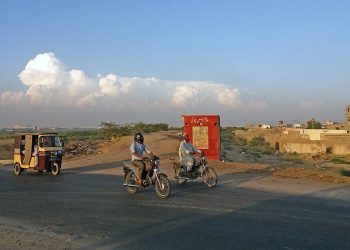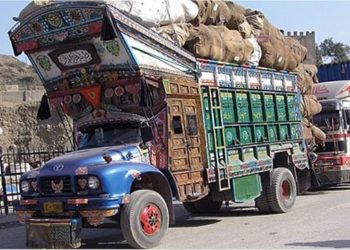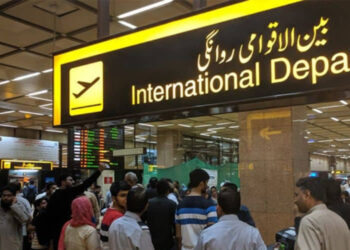The incumbent PTI government seems to have no satisfactory social, political and economic policies that lead the country towards durable stability. Regressive policies, too much debt and a failure to collect tax have hampered Pakistan’s growth prospects. Consequently, the outcomes are only moving the country from bad to worse.
Heated speeches of political leaders would not be a magic bullet for the economy. The PTI government assured the people that it had a set program of reforms and a capable team ready to set the economic direction right. Two and a half years down the line, it’s clear that they neither had a team nor a program.
The touchy issue of inflation remained unmanaged and has been a continuous blot on the PTI’s economic team’s performance. Here, the fault lies in poor understanding of the value chains that underpin the working of the different sector sectors of the economy. Then there is the issue of the ever-increasing debt, which eats up some 30 percent of the budget every year.
Pakistan continues to take out loans to be able to cover repayments of past borrowing. Islamabad’s re-entry to the $6bn IMF programme is being touted as a demonstration of the authorities’ commitment to critical governance and economic reforms. But the IMF and the government are not telling us about the tax bomb that Pakistan has already made or is required to make in the next few months.
After all the failures, the government put all the blames on the previous governments. If a government gives an excuse that because of the past problems we cannot do anything then they should resign from their jobs. An accountable government would always admit its faults rather than defending them.
The common man has been tired of bearing high inflation, taxes, and unemployment. This has resulted in the rise of suicides, crimes and theft. Inflation is rising rapidly. Masses are unable even to buy necessary stuff for households.
Without meaningful reforms that boost economic competitiveness and direct investment toward productive sectors that promote exports, Pakistan’s economy will continue to grow at an anemic rate. The need of the hour is to give relief, jobs, security, food and shelter, low prices of daily items to the public instead of giving fake hopes.
The journey must begin with energy sector reforms. Burgeoning energy sector debt and market inefficiencies are causing frequent interruptions in electricity and gas supplies to businesses and households. The end result is that the economy suffers due to an unreliable and expensive supply of power.
The ultimate goal for Pakistan’s policymakers must be to meet the ambitions and aspirations of its youth. To do that, the country must generate millions of well-paying jobs that expand citizens’ purchasing power. The way things stand, Pakistanis are facing a sustained decline in their purchasing power, chronic power shortages, and a dearth of well-paying jobs. It is, therefore, important for Khan’s government to focus its efforts on restoring growth and setting Pakistan on the path to sustainable economic development.




























